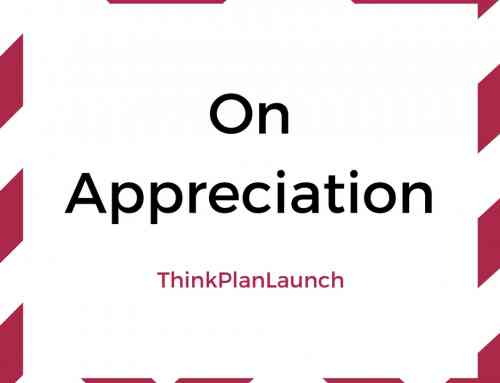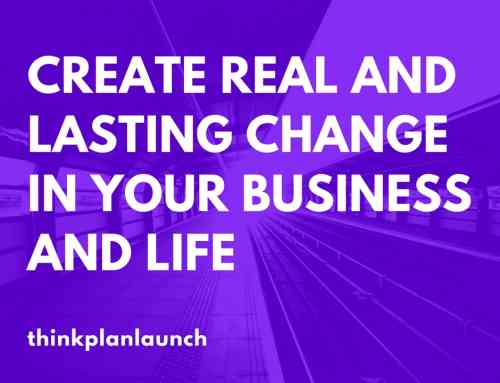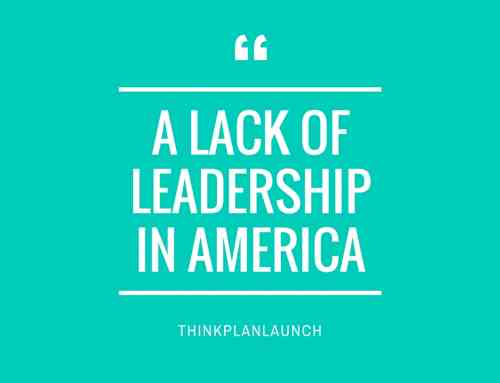Table of Contents
Cracking the Code to Happiness and Health
We all strive for happiness, fulfillment, and meaning in life. But what actually keeps us happy and healthy as we walk through life?
The secret is simple: great relationships with other people.
This conclusion stems from a 75-year study on adult development directed by psychiatrist Robert Waldinger. The study sheds light on the truth behind happiness and satisfaction in life, and draws from an unprecedented amount of data to support its findings.
Seeking Fame and Wealth is a Common But Mistaken Strategy
As pointed out in the ted.com article highlighting the study, “If you think it’s fame and money The desire for fame and wealth is not hard to understand, though. We all want to feel important and accepted by others – and at its essence, fame itself is the maximization of one’s achievement of importance and acceptance. Then there is money, which is required for the procurement of food and shelter (basic human survival) – and with increasing amounts, it may allow a person to accumulate mobility, power, and greater freedom of choice. It can open doors to additional comfort, security, and luxuries. For all these reasons, it is no surprise people often focus on accumulating wealth and increasing their status. At first glance, these things may appear to be a direct path towards achieving happiness and health. But while fame and wealth do provide certain benefits, they are not magic bullets – nor do they hit at the heart of what really matters, as supported by Waldinger’s research. Simply put, there is no substitute for great relationships with other people. The positive effect of genuine human connection is very powerful. It keeps us happy, healthy, and puts a smile on our face. The happiest people I have ever met are those with deep family bonds and incredible friendships. They are the people who take the time, and make the time, to stay current with the people in their lives and see them regularly. Many of these same people are not rich or famous. In fact, many of them are quite the opposite. They exist within small circles and modest means. Yet they are fundamentally richer than those who are wealthy but lonely. They are more fulfilled than those who are popular but lack real, trustworthy relationships. If you lack genuine human connection in your life, you might start by asking yourself: Why? How come that is the case? There are several factors that play into answering this question. Some people have great communication skills and make friends easily, but are workaholics and simply fail to prioritize spending time with others. Then there are those who don’t have such good communication skills, and those with low emotional intelligence. They may try to build and maintain relationships, but fall short because they lack the skills required to do so effectively. It could also be the case that a person’s behavioral style or motivators cause them to lead a more reserved lifestyle. Therefore it is less natural for them to initiate conversations with others. Whatever the case, if you wish to maximize your health and happiness then you must develop meaningful relationships. You must determine where and how you can improve, and implement a plan of action to make it happen. Quality is more important than quantity when it comes to relationships. Research shows a small number of close, trusted friends will bring more happiness than a large number of people you don’t know well. This is because of the sense of caring and importance that we get from deep and meaningful relationships with others. But how deep is deep enough? Here are some basic guidelines: If you talk with a person regularly, remember each other’s birthdays, and know a good bit about one another’s lives (work, family, life ambitions, and so on), then you are probably on the right track. Even better if you get into deep discussions and feel comfortable making yourself emotionally vulnerable. On the other hand, most casual acquaintances, friends of friends, and even extended family who you barely ever see do not qualify. Nor does any person who you cannot trust, or who doesn’t have your best interests in mind. Sadly, people sometimes find that many would-be close friends, colleagues, family members, and spouses fall into this category. Therefore, while there is nothing wrong with knowing a lot of people, it’s important to make sure you have (or are working towards) at least a few quality relationships at any given time. Our need for validation, love, and acceptance from others begins at an early age. It then continues into old age. Along the way, we are presented with many opportunities to interact with the people around us. Nearly every day we can choose to build or ignore relationships. And as we have learned, those people who actively work to build relationships wind up happier and healthier. Those who don’t may be successful in other ways, but will likely be plagued by the nagging feeling that something is missing in their lives. After all, what do we work for if not to share our success, joy, and love with others? Assuming you are ready to work on this part of your life – to work on building meaningful relationships with others – the next logical question becomes one of how. How do you succeed with people? How do you build a rich life filled with meaningful relationships – and how do you make the most of all your interactions with others, whether at home or work? For starters, make great relationships a priority! Building quality relationships needs to be important enough for you to take action on it. Otherwise, you may not set aside enough time (if any) towards this goal. Furthermore, consider making a list of those people closest to you and be sure you stay in touch with them regularly. Remember birthdays and make a point of seeing them often, or at least sometimes if they are not close by. It’s probably a good idea to remember coworkers’ birthdays, too (at least those who you work with on a daily basis, even if you are not particularly close outside of work). Next, commit to improving your communication! This is easy to accomplish when you have a solid grasp of your behaviors and motivators, and is most powerful when you also understand theirs. Without this knowledge, you are in the dark and it is much harder to get it right. Finally, make a point of maximizing your emotional intelligence. Emotional intelligence can be learned, and it is a make-or-break factor in building healthy relationships. As an added bonus, research has shown people with high emotional intelligence earn more than others (this is no big surprise, as people who get along well with others naturally acquire more influence and support). As a bonus, read the book How to Win Friends and Influence People by Dale Carnegie. As discussed in this article, being skillful with people pays off both at home and at work. If you want more happiness, fulfillment, and meaning in your life, it pays to take relationship building seriously. And not the hollow, business-networking style “relationship building” so often referred to in sales and marketing departments – but rather real, genuine relationships. Ones not based in or around financial transaction, but which are based upon mutual interest, respect, and admiration. Those who work hard to cultivate such relationships not only find greater happiness and health than those who don’t, but they also earn more money and can truly call themselves “winners” in life.The Happiest People on Earth
Relationship Quality is More Important Than Relationship Quantity
What Does It Take to Build Great Relationships?
Conclusion




Leave A Comment